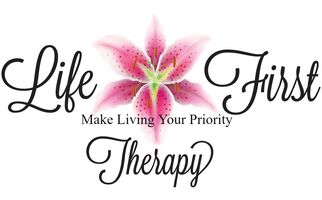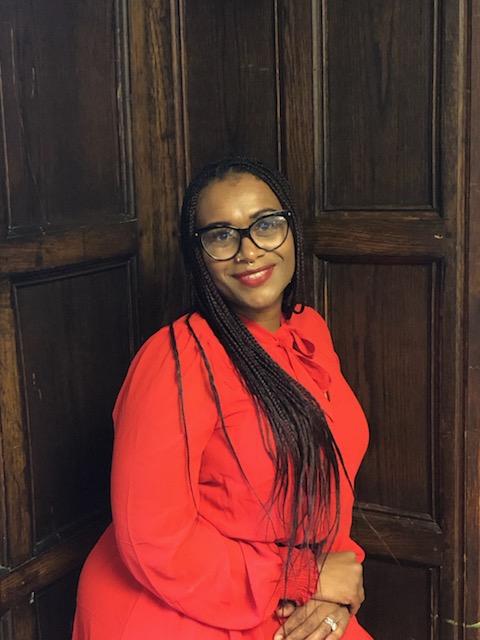 Every day without using can be uncomfortable especially when trying to practice and implement new recovery skills. This alone makes the first 90 days of recovery very critical. The first 90 days has been known as where most relapses occur. When in recovery, you give up more than a substance, but also behaviors. If you are returning home from treatment, everything you left (friends, job, family, etc.) can be overwhelming. Recovery can be difficult to manage without structure, a routine and consistency. Without these things, recovery can collapse. Below are 12 critical tools for surviving the first 90 days of recovery.
2 Comments
Kaiulani Winter
10/15/2017 07:13:04 pm
In addition to the helpful information you've provided here, you might add that there are other support groups, besides the 12 step philosophy, where one might find fellowship, i.e., SMART Recovery, Celebrate Recovery, Lifering (I think that is the name of that group). Personally, the 12 step principles resonate with me, but I've recently begun attending SMART meetings as well, and find they compliment each other nicely. Thanks for the work you do! Best ~ Kaiulani
Reply
Holly
10/19/2017 07:46:05 pm
Hello Kaiulani!
Reply
Leave a Reply. |
Archives
February 2021
About MeI am a loving and perceptive therapist. I helps professional women of color! I work collaboratively with my clients to build their self-confidence. We identify tools that are needed to build a career and live a life worth living! I listen quietly and attentively remembering details to tell truths that need to be spoken. Let's Connect |
|
CONTACT ME
Phone: 267-598-LIFE (5433) Email: [email protected] Mailing Address 2031 66th Ave, #14176 Philadelphia, PA 19138 |
If you are in a crisis, online therapy is not the best option for you.
Call the National Suicide Prevention Lifeline 1-800-273-8255 or text "988" |
Disclaimer: Please note, the information offered on this website is not, nor is it intended to be, therapy or psychological advice, nor does it constitute a client/therapist relationship. Please consult a physician for individual advice regarding your own personal health and well-being. Thank you.
© 2017-2024 Life First Therapy | ALL RIGHTS RESERVED.
© 2017-2024 Life First Therapy | ALL RIGHTS RESERVED.

 RSS Feed
RSS Feed
